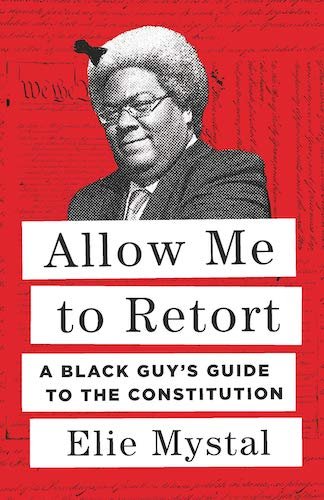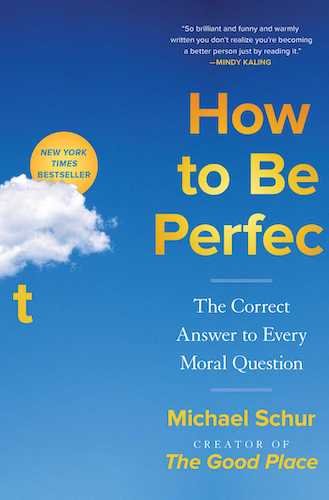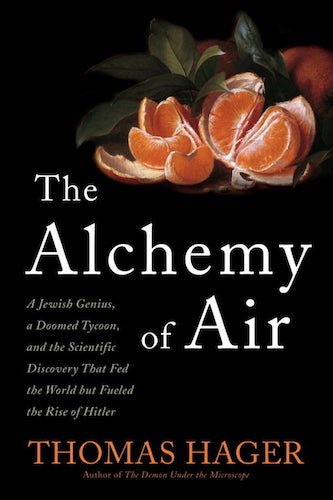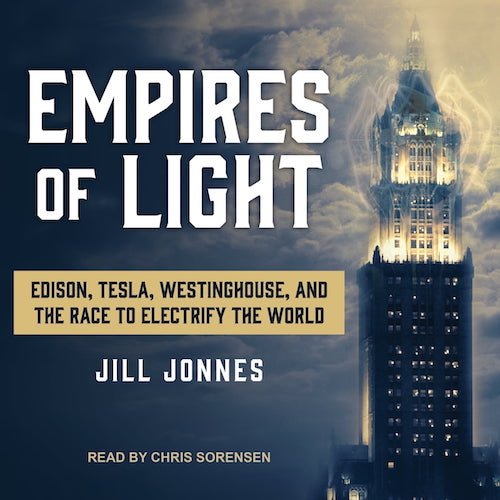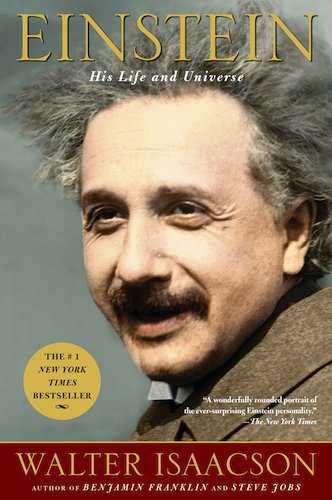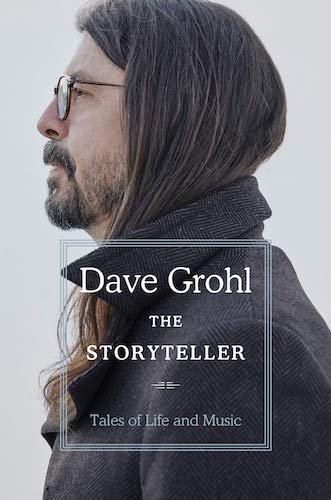This year I read 21 books. Here are the best 10. For more on the 11 books I didn’t include, you can check out my Q3 Book Review and my recent Q4 Book Review posts:
★★★★★ The Betrayal of Anne Frank
I first read The Diary of Anne Frank in middle school and I didn’t really understand it. I don’t mean that I didn’t comprehend the facts. I read it and learned about Anne and her family and what they went through in the Second World War.
But it wasn’t until I had kids that I felt like I was able to actually understand the tragedy and heartbreak of their experiences. And until I saw this book on Audible, I had simply assumed that nobody knew who had tipped off the Gestapo to their presence in the annex. I think I had actually gone one step further and made the assumption that it would be impossible to figure out the mystery after so many intervening years.
I was wrong. This book isn’t fascinating because it purports to answer an international mystery known to millions of people. The book is fascinating because of the way in which it does so. I learned a bunch of incredible details about life in Amsterdam in the waning months of WW2 that I had never thought to consider. And that’s ultimately what good history is all about: connecting modern readers to what it was like to be alive at a particular moment in the past with all the mundane, beautiful, and horrific details.
★★★★☆ The Psychology of Money
My rationalist friends hate me for this one, but I think this book is a great set of easy rules of thumb for using money to get what you want out of life. The fundamental premise that Housel takes is that humans are not inherently rational and most of us don’t actually like to think about money all that much. Despite this, almost every living adult has to deal with money. And not just in a transactional should-I-buy-this-book-right-now sort of way, we have to make long-term decisions about how to invest our money, how to care for our aging parents, and how to save for our children’s education.
If you are the sort of person who doesn’t particularly enjoy doing rationalist thought exercises to uncover your terminal beliefs, calibrating the accuracy of your future predictions with statistical models, and better understanding how Monte Carlo simulation work, this book is a great way to develop a healthy relationship with money. Personally, I kinda enjoy all that nerdy stuff, but even I have days when I feel tired and the lessons in this book are good first-approximations of monetary wisdom.
★★★★☆ Allow Me to Retort
Equal parts informative, depressing, and hilarious, Mystal’s analysis of the US Constitution is a great read, especially for folks like me that aren’t steeped in legal history. His central premise is that the US Constitution was an amazing piece of law that worked very well to create one of the most prosperous and enduring democracies the world has ever seen. But it was also written by racist slaveholders that were explicitly not interested in creating a country of equal rights for its citizens. And insofar as we want that kind of a world to exist today, it’s a pretty garbage place to start.
I was raised to revere the US Constitution, and as a snapshot of historic intent that was successful beyond any of it’s writer’s wildest dreams, it’s pretty amazing. But as the founding fathers themselves believed, no single legal document should be expected to endure for centuries without major overhauls and re-writes. Mystal’s suggestions for making those revisions seem appropriate given our current political moment.
The only reason I didn’t give this one 5/5 stars is that Mystal’s writing style is pretty monotonous. I binged this one pretty hard, and I think I just got burnt out on that particular style of delivery.
★★★★☆ How to Be Perfect
As I get older, I find myself thinking more about philosophy and it’s implications for my life. But reading most philosophy books is an exercise is protracted self-punishment. You could be doing something fun, like having your toenails pulled out, but instead you’re stuck trying to figure out what the actual heck Heidegger is trying to communicate.
This is where Michael Shur comes to the rescue. As the author of the wildly funny TV show The Good Place, he takes a hilarious and light approach to the most weighty questions of what it means to be alive. Not only did I laugh most of the way through the book, I actually came away with a functional understanding of the major western philosophical disciplines and how my own personal beliefs adhere to or diverge from those approaches.
This book is like an intro to philosophy lecture and a standup comedy routine rolled up into one. The reason this didn’t get 5 stars is that it didn’t fundamentally change my perspective on life, the universe, and everything. Which is a pretty tall order for any single book.
★★★★☆ The Alchemy of Air
This one details how modern humanity is able to feed all ~8 billion of us. It’s a fascinating story that involves an ardently nationalism German Jew, a savvy industrialist and inventor, and Hitler’s Third Reich. Along the way, I learned about fascinating side topics like how humanity used to rely on bird shit to feed ourselves and how an enormous factory in eastern Germany was briefly the allies’ most important bombing target in the waning months of WW2.
Underneath the historical details, Hager proves himself to be a compelling storyteller and historian. Not only is the book deeply-researched and accurate, he does that rarest of things for a nonfiction writer: he only tells you the most interesting stuff.
★★★★☆ Empires of Light
Before reading this one, I would have told you that I knew a fair amount about how electricity was discovered and commercialized. But to quote George R.R. Martin, “you know nothing, John Snow.” I didn’t realize that Tesla was such a bad businessman. Like, I knew he was no Edison, but wow. And I hadn’t realized that George Westinghouse was such an important and pivotal figure in the story of how we got electric lights. The only reason this one didn’t get the final star is that I feel like I’ve been reading too much about the late 19th century recently and so some of the ancillary topics just didn’t feel as fresh.
★★★☆☆ The Last Pirate of New York
This book won’t redefine how you perceive the world or shake the foundations of your reality, but it’s a damn good book filled with interesting historical details about the city that never sleeps. I learned about the origins of the word “Shanhai’d,” I learned a lot about how murder investigations were run decades before forensic techniques were discovered, and how worldly the past really was. At the end of the day, though, you shouldn’t read it to learn any one particular thing, you should read it because it’s just a great story.
★★★☆☆ Einstein: His Life and Universe
Maybe it’s a bit unfair for me to rate this a 3/5. I knew it couldn’t be a 5-star review because I was already so familiar with Einstein’s achievements and contributions to science. But I felt that I just didn’t know as much as I should about the details of how he came about those achievements. The story of his life is more interesting than I expected and Isaacson does a good job of retelling his major life events with a balanced hand. The one place where I think he came off as being a bit too soft on the man was in the way that he underplayed how hurtful he was to those directly around him. His infidelities were legion and Isaacson brushes them off a bit too gently in my opinion.
★★★☆☆ The Storyteller
I hadn’t realized just how much of the music I grew up on was either directly created by or heavily influenced by a single man: David Grohl. From Smells Like Teen Spirit to Everlong, this guy’s songwriting and musical prowess practically defines a generation. And as you might expect, the stories he has to tell about his life and career are pretty damn entertaining. He’s met every amazing musical artist, he’s performed to tens of thousands of people, and as the title suggests, he’s pretty good at telling interesting stories about it all.
There were two reasons I gave this one 3/5 stars: first, the end of the book is quite a bit weaker than the start. I’m guessing the editor pushed Grohl to hit a certain word count, but that meant including some less-than-riveting stories at the end that kinda devolved into Hollywood-style hero worship. Second, there’s only so much you can rhapsodize about metal/rock music and avoid jumping the shark.
★★★☆☆ The Facemaker
I didn’t know much about reconstructive surgery. I didn’t even know that the term “plastic surgery” doesn’t refer to the material we know today by that name. It was originally used to describe materials like wood and rubber that were “plastic” in that they could be shaped by doctors to replace parts of the body. If you were alive in the 1730s, for instance, getting a wooden peg leg would have been considered “plastic surgery.”
Okay, that’s a fun little trivia tidbit, but the real reason I would recommend this book is that it tells a story that has largely been lost to modernity about what injuries meant to the soldiers who served in World War I.
Conclusion
I’m looking forward to reading more books in 2023. If you have any great recommendations, send them my way. And if you enjoyed this, you should follow me on:


